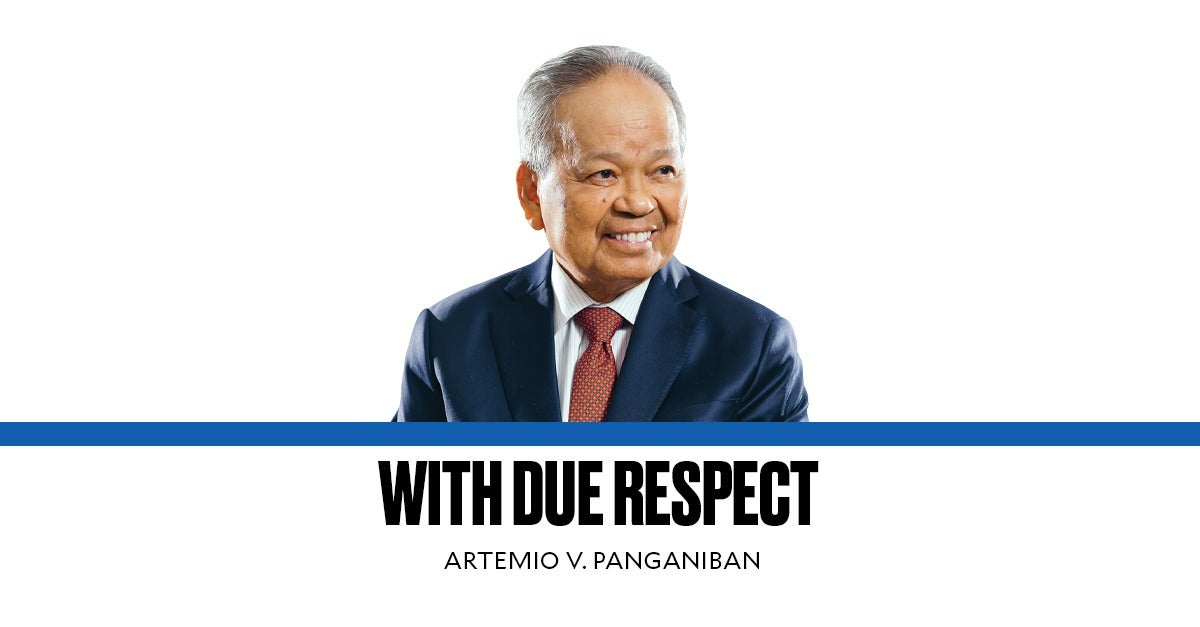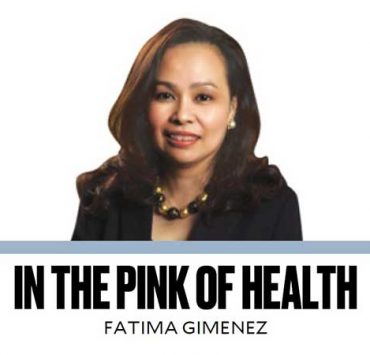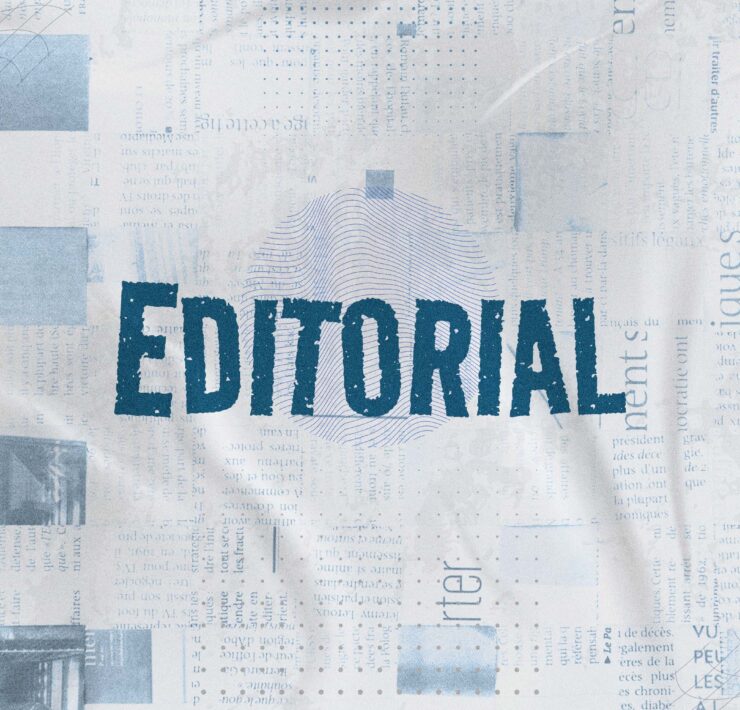PhilHealth and the people’s right to health

Last Feb. 4, the Supreme Court held oral arguments on the petition filed by Sen. Aquilino Pimentel Jr. and others against the House of Representatives, the Senate, the Department of Finance (DOF), the Executive Secretary, and the Philippine Health Insurance Corp. (PhilHealth). Similar petitions—that were consolidated with the Pimentel case—were also filed by Bayan Muna and 1Sambayan Coalition. I will try to simplify the facts, the basic arguments and the matters ruled upon by the Court thus far, with my humble opinion thereon.
LET ME BEGIN WITH A BACKGROUNDER. The Pimental petition for certiorari and prohibition seeks to declare unconstitutional and void (1) a section and chapter on “unprogrammed appropriations” (UA) in the General Appropriations Act (GAA) or the national budget of our country for 2024 and (2) the DOF Circular to implement this GAA section.
Under the GAA, the UA may be supplemented if the “fund balance of the government-owned or -controlled corporations (GOCCs) from any remainder resulting from the review and reduction of their reasonable levels taking into account the disbursement(s) from prior years,” among others, exists. The GAA authorized the DOF to issue guidelines to implement this provision. Accordingly, the DOF issued the questioned DOF circular.
The petitioners argue that the DOF circular exceeds the limitations on the power of Congress to appropriate and amend the Universal Health Care Act (UHCA). Moreover, it violates the people’s constitutional right to health.
SIGNED INTO LAW BY THEN PRESIDENT RODRIGO DUTERTE ON FEB. 20, 2019, the UHCA enumerates its sources of funding from: (1) collections from the sin tax law; (2) 50 percent of the government’s share in the income of the Philippine Amusement Gaming Corp. or Pagcor; (3) 40 percent of the “Charity Fund” of the Philippine Charity Sweepstakes Office; (4) premium contributions of members; (5) annual appropriations of the Department of Health included in the GAA; and (6) national government subsidy.
On Nov. 13, 2023, while the 2023 GAA or budget was still valid, and while the 2024 GAA was being deliberated in Congress, Albay Rep. Joey Salceda filed a bill to amend the 2024 GAA by providing an additional source for the UA, namely, the funds of GOCCs “determined to be in excess of their current administrative and operations expenses, benefit obligations, or reserve requirements.” Salceda explained that “idle [funds] in the banks, or time deposits or other securities … may be used to implement vital purposes and projects under the UA.”
To reconcile the differences in the approved versions of the Salceda bill by the House and the Senate, a bicameral conference committee was convened. The committee submitted to the House and the Senate (which approved) the following crucial provisions: the UA may be supplemented when … the “fund balance of the GOCCs from any remainder resulting from the review and reduction of their reserve funds to reasonable levels taking into account disbursement(s) from prior years.”
The Salceda amendment was included in the 2024 GAA approved by the President. The questioned DOF circular to implement this amendment allowed the DOF itself to determine the “fund balance” or “unrestricted funds” of GOCCs, including PhilHealth. In short, this fund balance became part of the UA under the 2024 GAA. Accordingly, PhilHealth submitted to the DOF its “fund balance” of over P89.9 billion which was to be remitted to the National Treasury in tranches.
To reiterate for clarity’s sake, the Pimentel-led petitioners aver that this section of the GAA and the DOF circular violate the Constitution and infringe the constitutional right to health of PhilHealth members. The Office of the Solicitor General (OSG) led by SolGen Menardo I. Guevarra detailed its procedural and substantive arguments on why the petitions should be dismissed. I do not have the space to deal with the arguments of the petitioners and the respondents, suffice it to say that the Supreme Court set the petitions for oral argument on Feb. 4 to be continued on Feb. 19.
I THINK THE FINAL RESOLUTION OF THIS CASE WILL TAKE YEARS due to the complicated backgrounder. Meanwhile, the Court issued a temporary restraining order stopping PhilHealth from remitting its fund balance of P89.9 billion to the National Treasury. While this might be taken as a win by the petitioners, the reality is that P60 billion had already been remitted to the government and only the last tranche of P29.9 remained with the GOCC. Moreover, the Court did not issue a Status Quo Ante Order to return the P60 billion already remitted. In this sense, the OSG won because the P60 billion was already added to the UA.
During the oral argument, Justice Amy C. Lazaro-Javier, citing the PhilHealth financial reports, observed that the GOCC appeared to be bankrupt implying that the remittance of P60 billion could disable the health agency from fully serving its members. However, no conclusion could be made as time ran out. Though expectedly, the case will take years to resolve, it is my hope that the Court can hasten its decision on these petitions of paramount interest to the nation.
—————-
Comments to chiefjusticepanganiban@hotmail.com





















